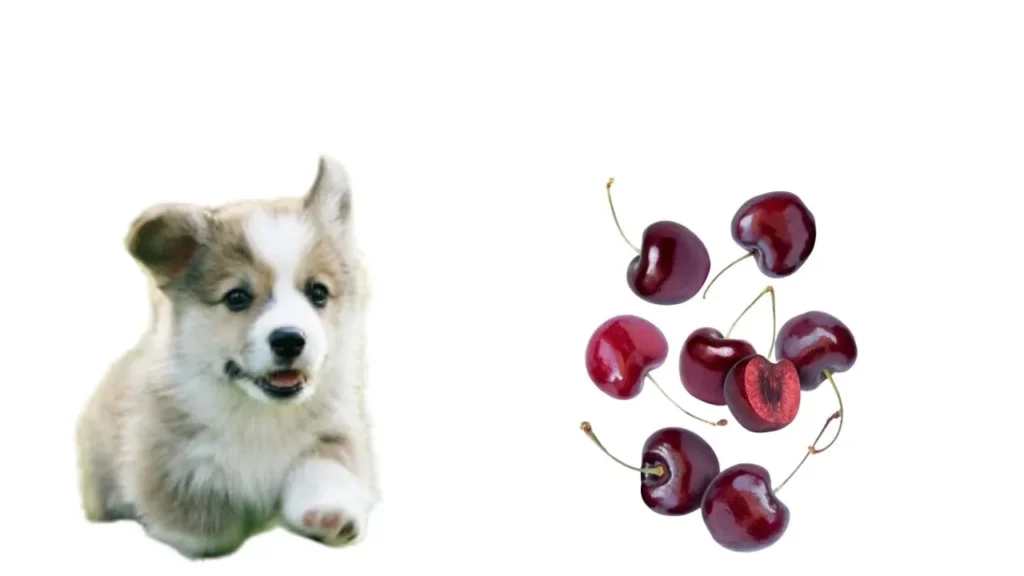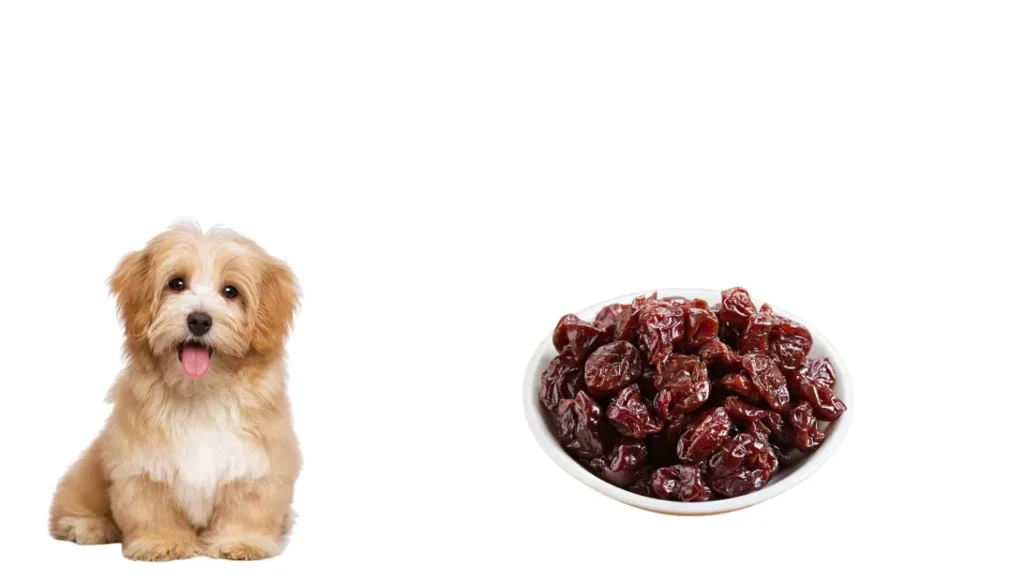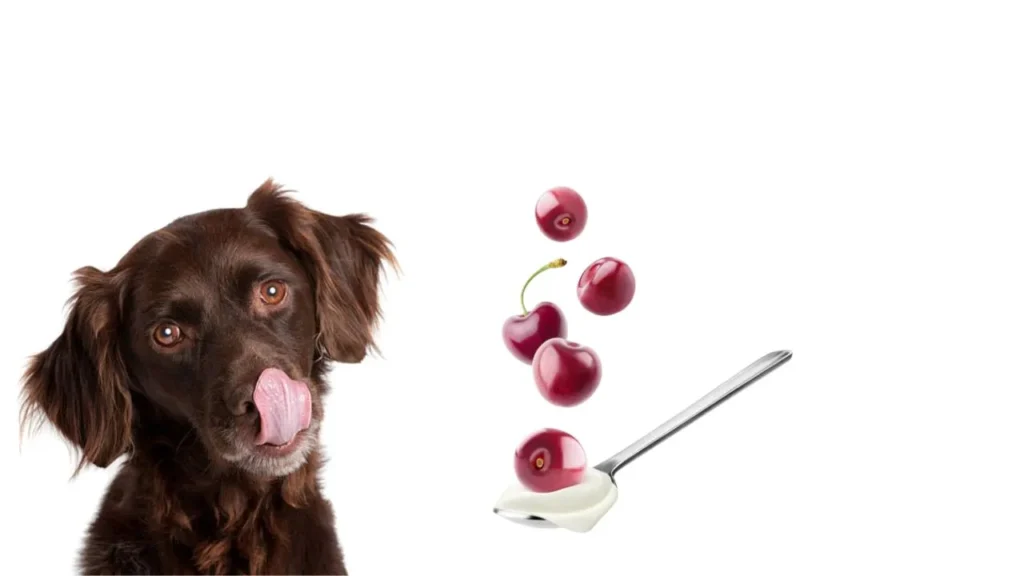Welcome to a professional exploration of a common query among pet owners: Can dogs eat cherries? This inquiry stems from a genuine concern for our furry companions’ well-being. Cherries may seem like a delightful treat with their enticing sweetness, but understanding their compatibility with canine consumption is crucial.
This informative discourse investigates whether cherries are a safe addition to your dog’s diet. Nurturing a pet involves a keen awareness of dietary choices, and despite their appeal to our palates, cherries raise pertinent questions about potential risks. Join us as we navigate the nutritional landscape, providing insights to empower you to make informed decisions regarding your canine companion’s diet. Your commitment to their health begins with knowledge, and we’re here to illuminate the path to responsible pet care.
Can Dogs Eat Cherries Without Seeds
In the realm of canine nutrition, Delve into this inquiry. It requires a nuanced understanding of the potential risks and benefits. While a delectable fruit for humans, Cherries harbor seeds that contain cyanide, a toxic substance for dogs. However, cherries can be a safe and tasty treat for our canine companions when pitted and served without seeds. It’s important to note that moderation is vital, as excessive consumption may still lead to digestive issues. The absence of sources mitigates the cyanide concern, allowing dogs to enjoy cherries’ sweet and juicy goodness without compromising their well-being. As responsible pet owners, ensuring the removal of seeds becomes a crucial step in offering this occasional fruity indulgence. Always consult with your veterinarian to determine the suitability of cherries in your dog’s diet, considering individual health conditions and dietary requirements.
Can Dogs Eat Cherries Without Pits
Addressing whether dogs can safely consume cherries without pits unveils a crucial aspect of canine dietary considerations. The holes of cherries containing cyanide pose a potential threat to a dog’s health. However, when cherries are carefully pitted before offering them to your canine companion, they can be a delightful and safe treat. Removing the pits eliminates the risk of cyanide exposure, allowing dogs to relish the sweet and flavorful fruit without harm. It’s imperative to exercise caution and ensure thorough pit removal, as even small amounts of cyanide can be harmful to dogs. As part of responsible pet ownership, consult with your veterinarian to determine the appropriateness of including pitted cherries in your dog’s diet based on individual health considerations.
Can Dogs Eat Dried Cherries
Exploring the canine diet, While cherries pose specific considerations, dried cherries have additional factors to ponder. The dehydration concentrates the sugars, potentially leading to an increased calorie intake. Moreover, some commercially available dried cherries may contain additives or preservatives that might not be ideal for canine consumption. Moderation is essential, and before offering dried cherries to your dog, ensure they are free from pits and additives. As always, consult your veterinarian to determine if dried cherries align with your dog’s dietary needs and health conditions.
Can Dogs Eat Cherry Yogurt
Examining the canine diet landscape prompts: While yogurt can offer nutritional benefits for dogs, adding cherries introduces some considerations. Plain, unsweetened yogurt can be a source of probiotics, promoting digestive health and providing a calcium boost. However, caution should be exercised when incorporating cherry-flavored yogurt into your dog’s diet.
Commercially available cherry yogurt often contains added sugars, artificial sweeteners, and other additives that may harm dogs. Excessive sugar intake can lead to obesity and dental problems in dogs. If you share yogurt with your canine companion, choose plain yogurt without added sugars or artificial ingredients. Always consult your veterinarian to ensure that any additions to your dog’s diet align with their specific health needs and dietary requirements.
Can Dogs Eat Cherries Safely
1. Risks Associated with Cherry Pits:
A primary consideration when contemplating dogs and cherries is the presence of cyanide in the pits. Cherry pits contain amygdalin, a compound that can release cyanide upon metabolism. Even small amounts of cyanide ingestion can be toxic to dogs. Therefore, it is imperative to ensure that cherries offered to dogs are thoroughly pitted, eliminating the risk associated with cyanide exposure.
2. Safe Consumption Guidelines:
Cherries can be a safe and enjoyable addition to a dog’s diet when carefully pitted and served without seeds. Removing pits mitigates the cyanide concern, allowing dogs to relish cherries’ sweet and juicy goodness without compromising their well-being. However, moderation is key. Tailoring the portion size based on the dog’s size, breed, and individual characteristics ensures a balanced approach to incorporating cherries into their diet without causing digestive issues.
3. Considering Size, Breed, and Moderation:
The size and breed of the dog play a crucial role in determining the appropriate portion size of cherries. While some dogs may handle cherries without issues, others may be more sensitive. It’s essential to observe each dog’s unique response and adjust accordingly. Small breeds, in particular, may benefit from smaller portions to prevent digestive discomfort.
4. Consulting with Veterinarians:
As responsible pet owners, seeking guidance from veterinarians is paramount. Veterinary professionals can provide:
- Personalized advice.
- Taking into account the individual health conditions.
- Dietary requirements.
- Breed-specific considerations of each dog.
Consulting with veterinarians ensures a holistic understanding of whether cherries align with the specific needs and well-being of a particular canine companion.
How To Safely Feed Your Dog Cherries
Ensuring your dog’s safety when introducing cherries into their diet involves careful considerations. Here’s a detailed guide to safely feed your canine companion cherries:
| Consideration | Details |
|---|---|
| Cherry Preparation | Thoroughly pit the cherries to eliminate cyanide risk associated with the pits. |
| Serving Size | Moderation is key. Tailor portion sizes based on your dog’s size and breed. |
| Introduction Approach | Introduce cherries gradually. Monitor for any adverse reactions or digestive issues. |
| Avoid Added Ingredients | Opt for plain, fresh cherries without additives, preservatives, or artificial sweeteners. |
| Veterinary Consultation | Consult with your veterinarian to ensure cherries align with your dog’s health and dietary needs. |
By adhering to these guidelines, you can safely incorporate cherries into your dog’s diet, providing a flavorful and nutritious occasional treat. Always prioritize your pet’s well-being and consult your veterinarian for personalized advice based on your dog’s unique characteristics and health conditions.
Are Cherries Good For Dogs
1. Rich in Vitamins and Antioxidants:
Cherries are a natural source of essential vitamins, particularly vitamins A and C, packed with antioxidants. These antioxidants are crucial in bolstering the immune system and combating oxidative stress within a dog’s body. These vitamins can contribute to maintaining optimal health and vitality in our canine companions.
2. Considerations and Moderation:
While cherries can provide nutritional benefits, it’s imperative to exercise caution and moderation. The pits of cherries contain cyanide, presenting a potential hazard, and excessive consumption of cherries can lead to digestive issues. Careful pitting and serving cherries in controlled portions, adjusted based on the size and breed of the dog, can help mitigate these concerns. As always, consulting with a veterinarian is recommended to ensure that cherries align with each dog’s individual health needs and dietary requirements, fostering a balanced and tailored approach to canine nutrition.
Read More
Can Dogs Eat Peaches: Full Guide In 2024
Can Dogs Eat Ginger: Full Guide in 2024
Conclusion
While exploring the question Can dogs eat cherries? it becomes evident that cherries, while potentially offering nutritional benefits, come with nuanced considerations. Removing pits and carefully moderating serving sizes are vital to ensuring the safety of cherries for dogs. A vigilant and informed approach is essential, from addressing the risks associated with cherry pits to exploring alternative forms like dried cherries and cherry yogurt.
The comprehensive guide on safely feeding dogs cherries underscores the importance of thoughtful Preparation and veterinary Consultation. When approached with knowledge and responsibility, cherries can be a delightful addition to a dog’s diet, emphasizing the significance of individualized care for our beloved canine companions.

